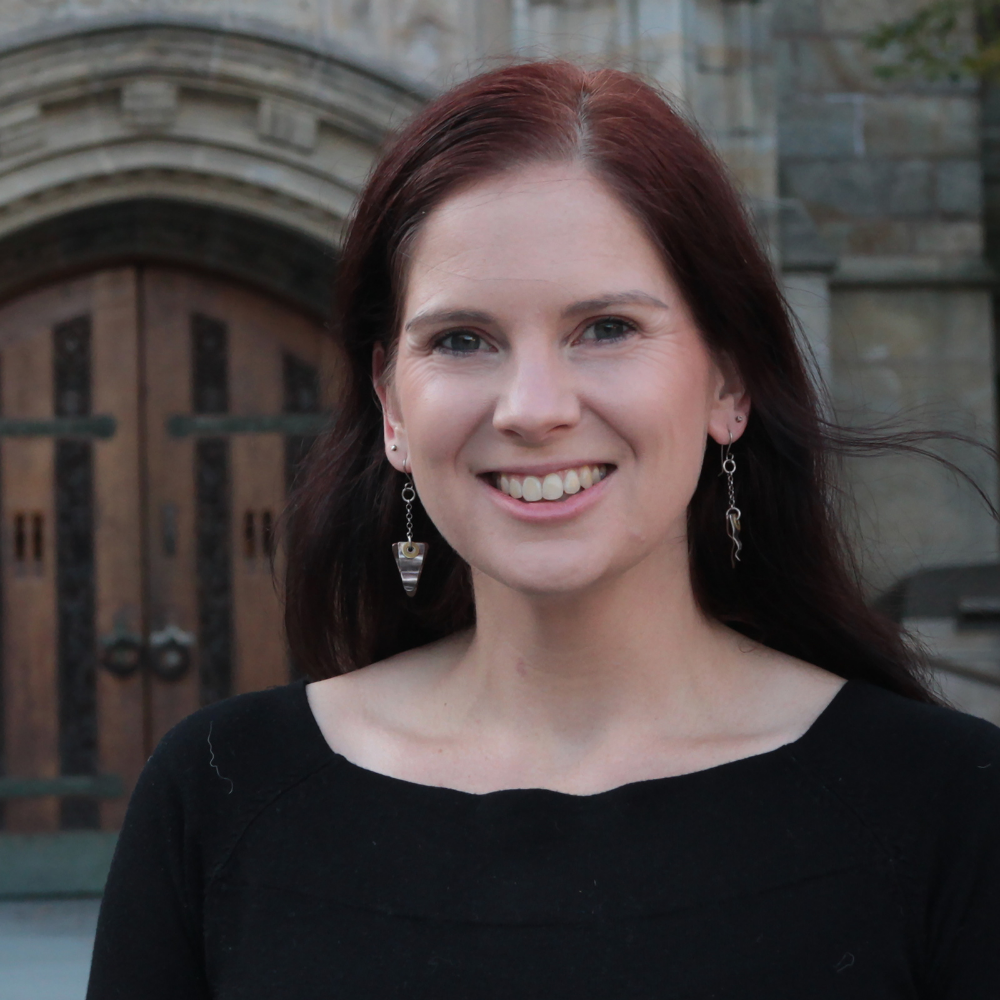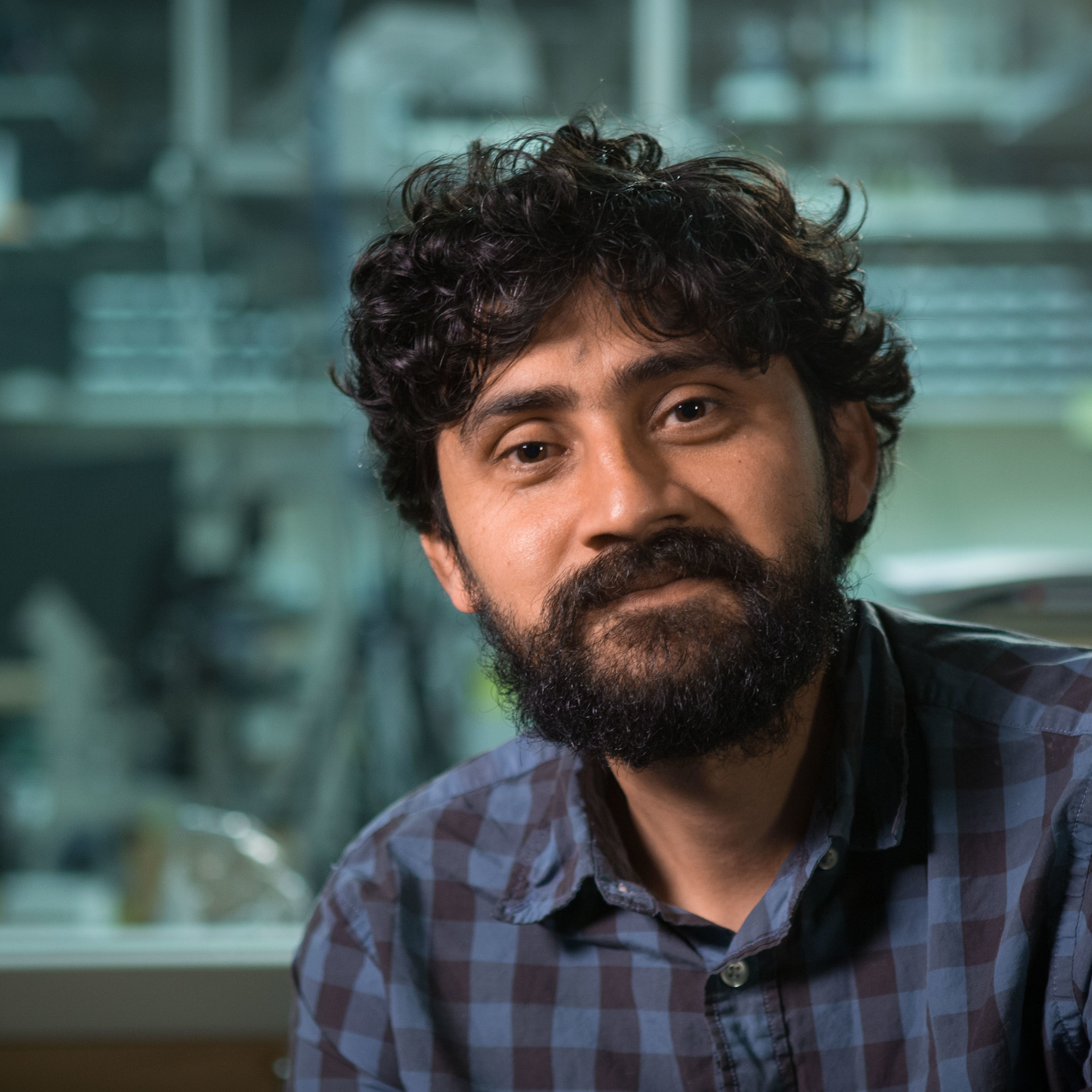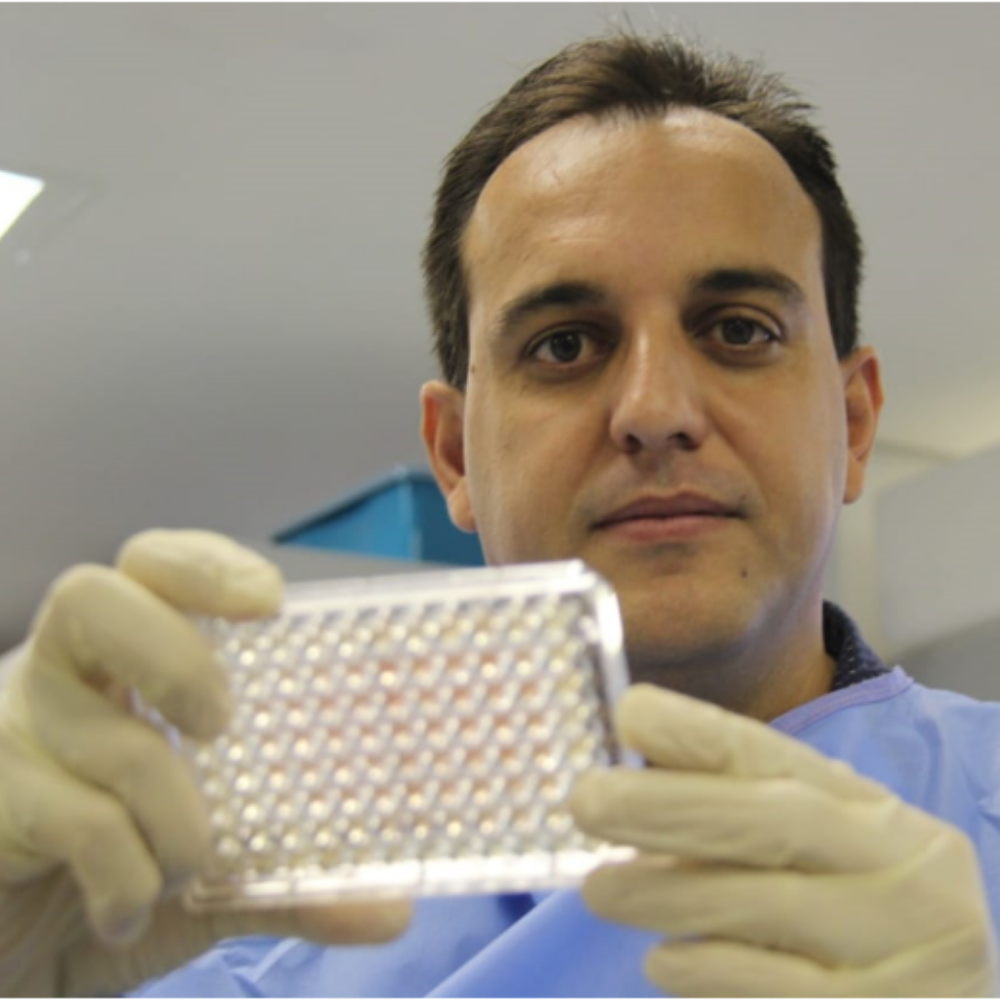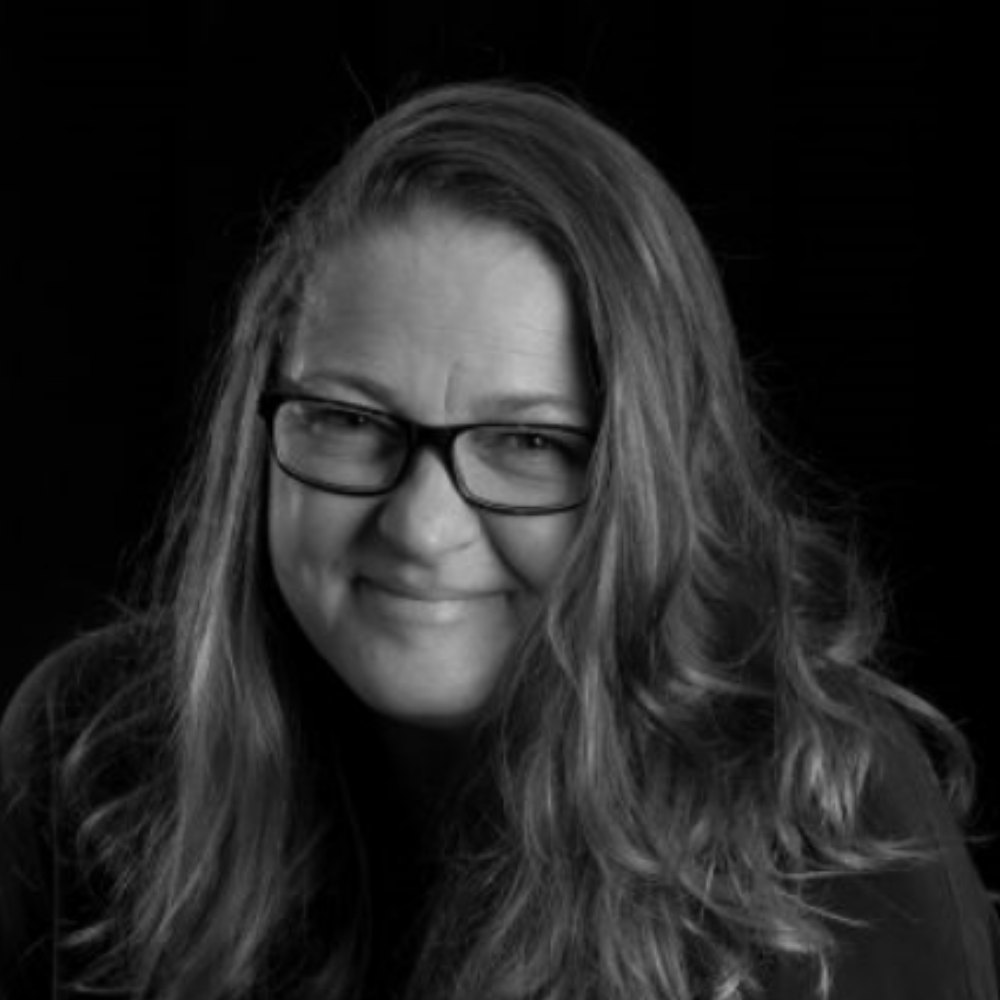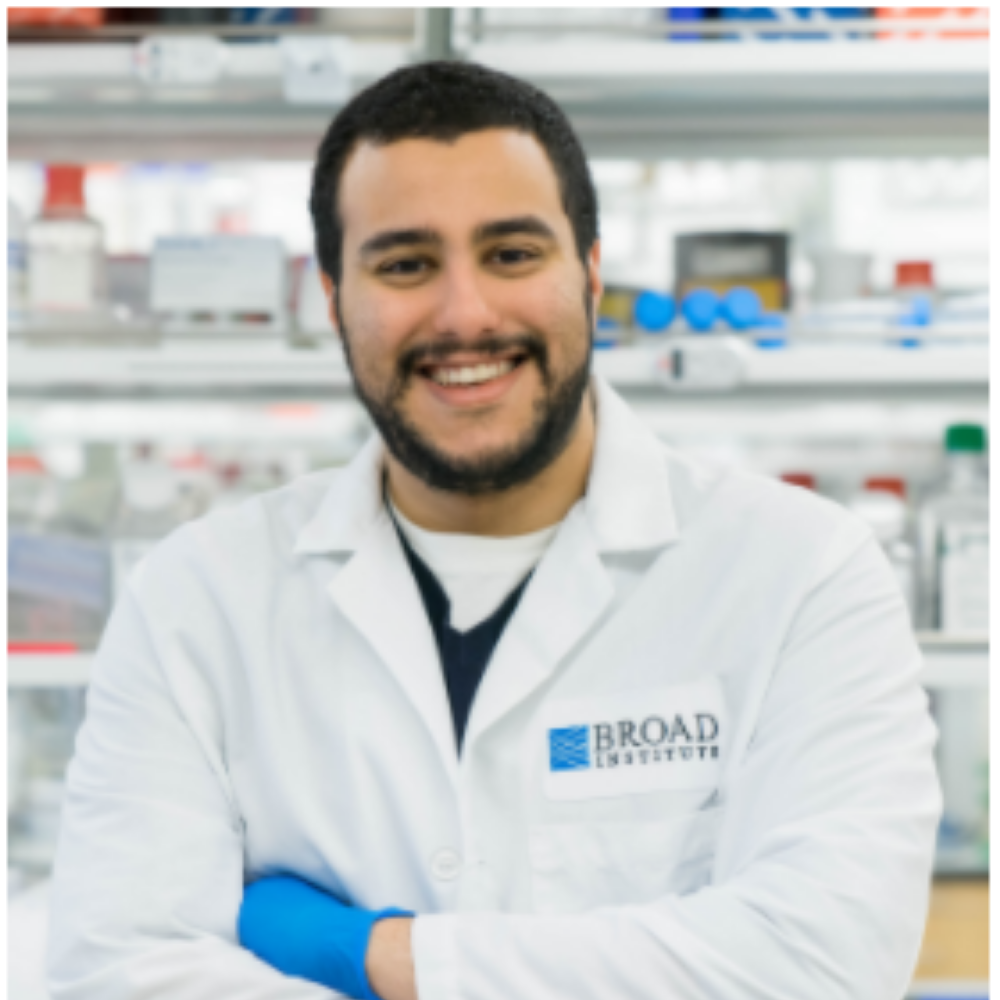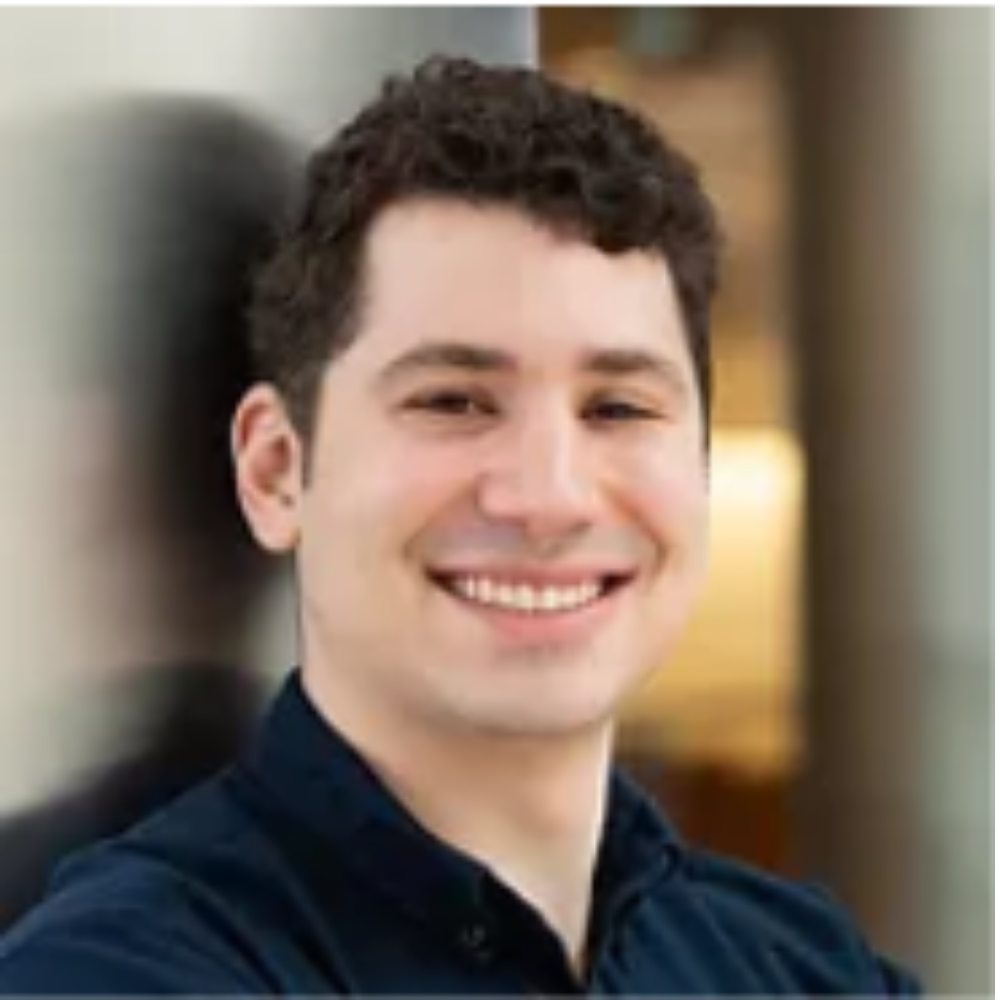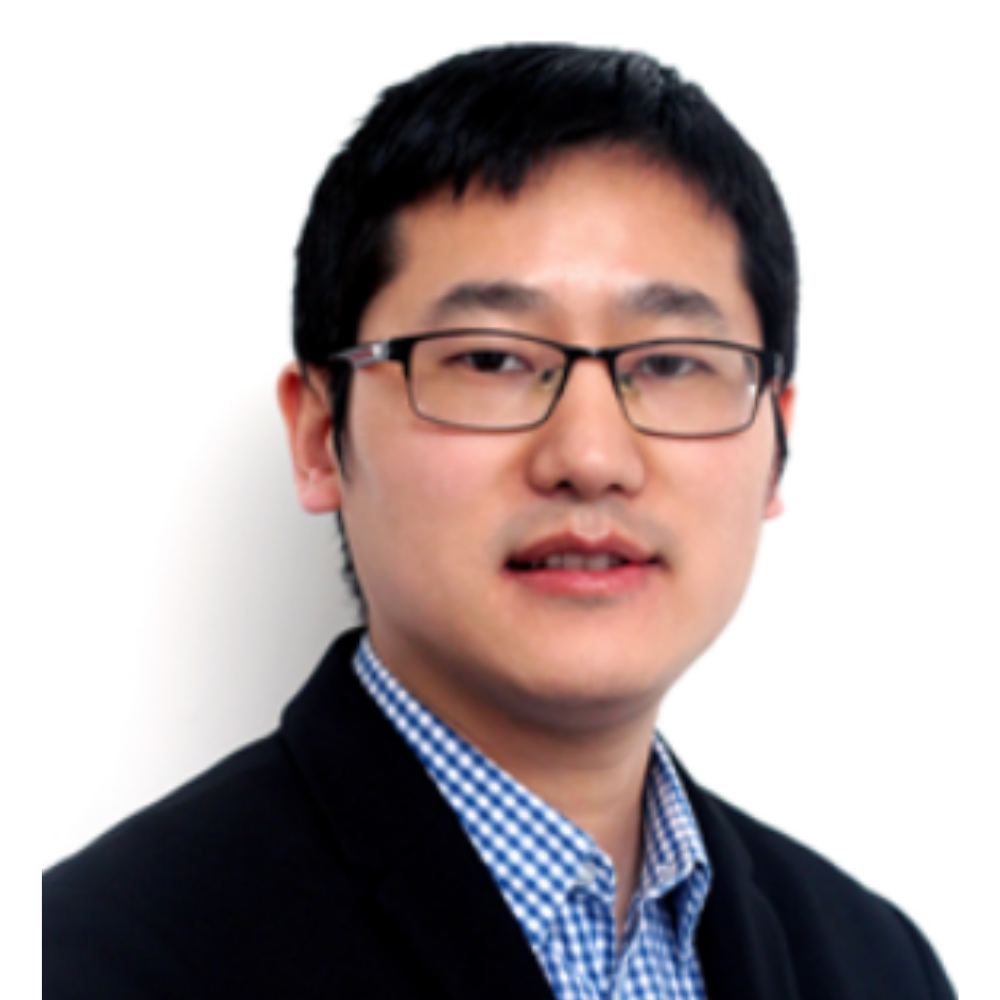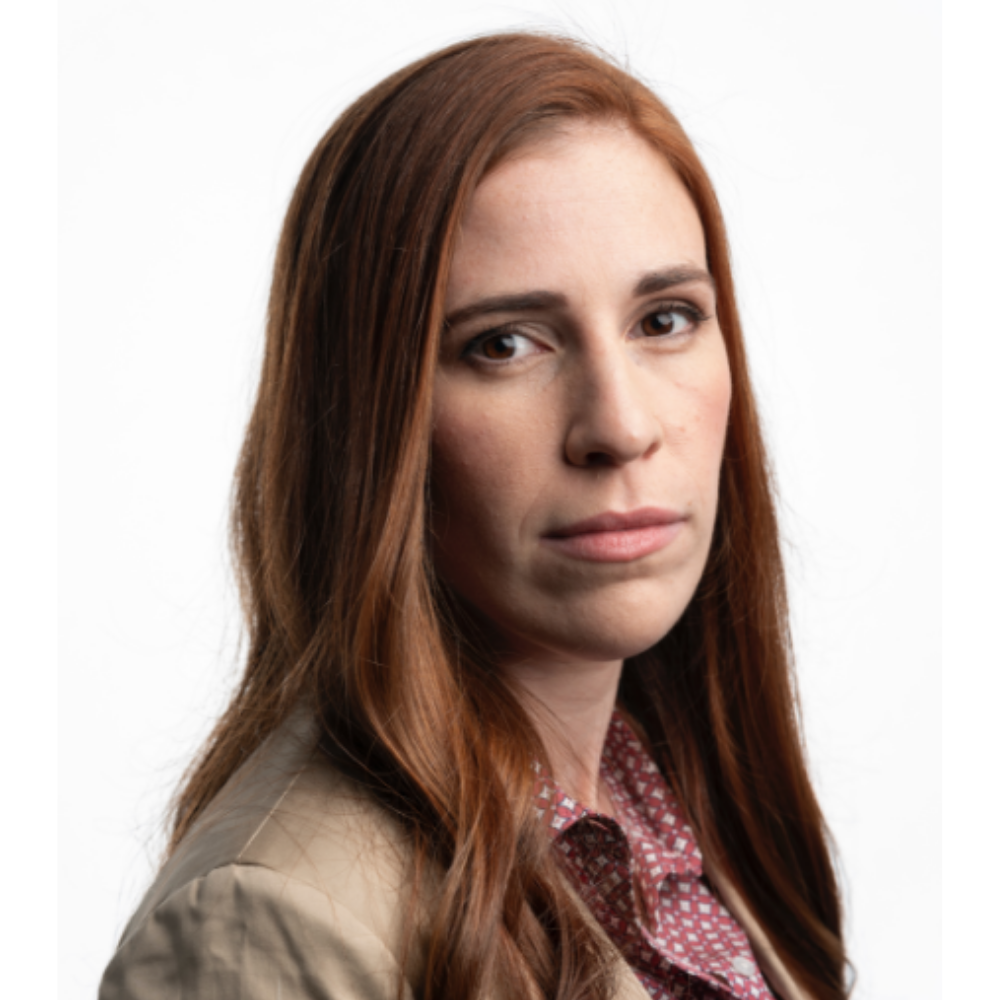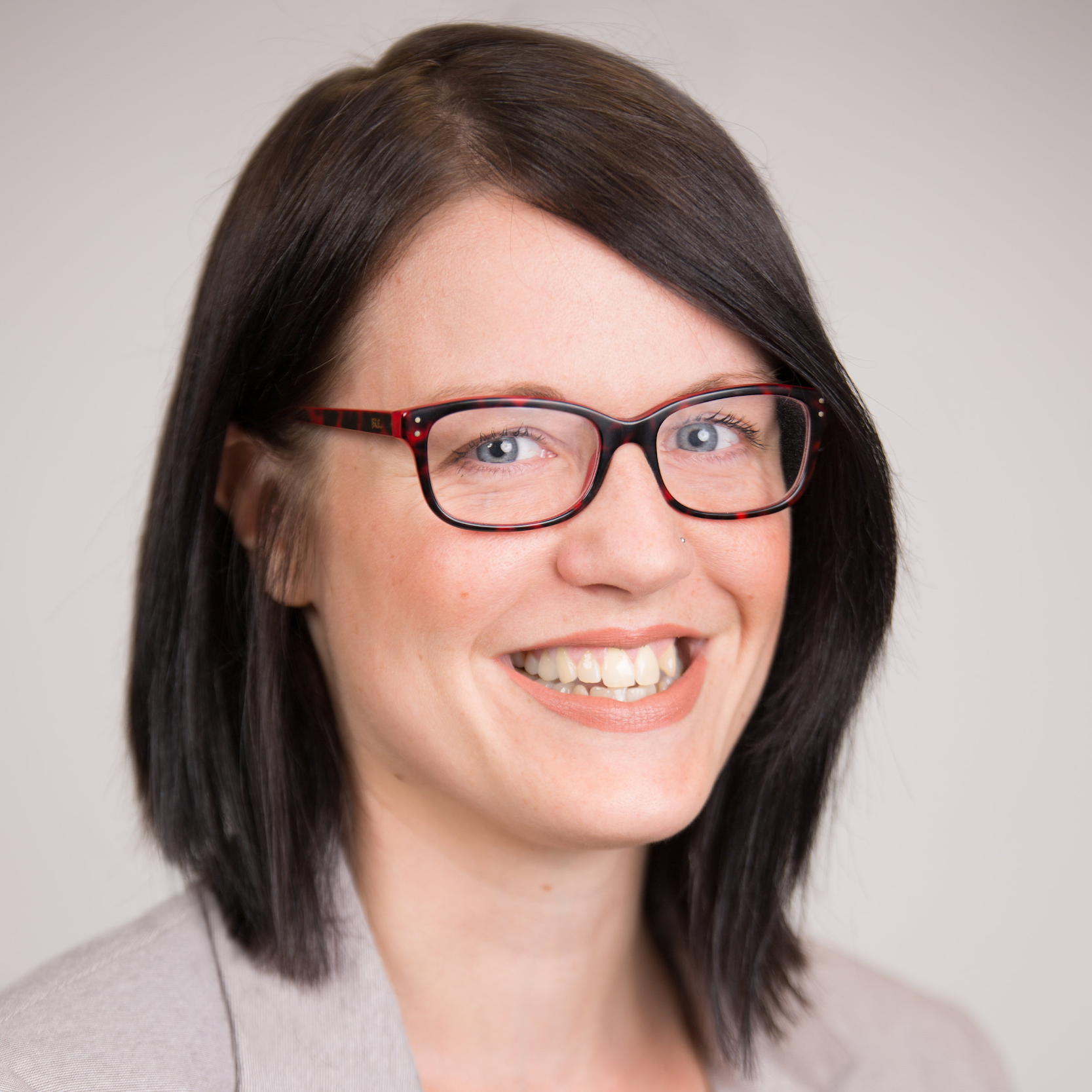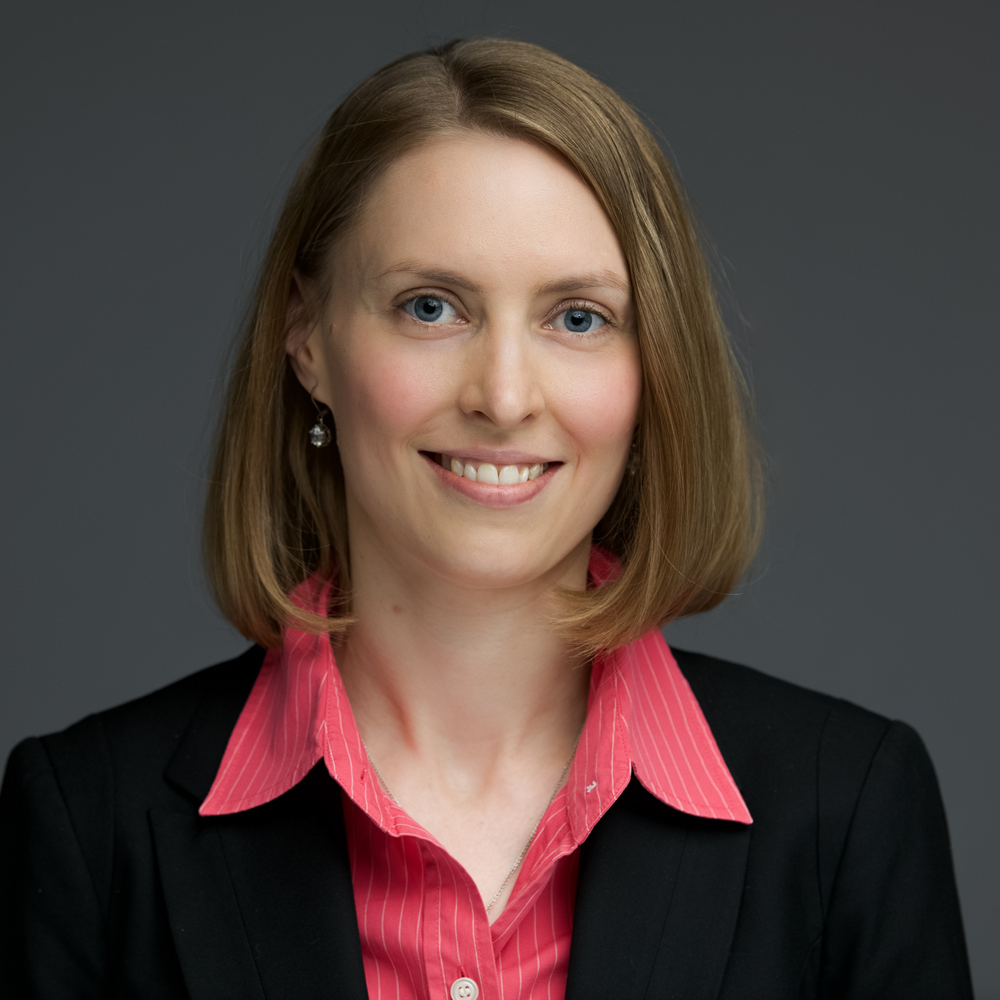

WEDNESDAY, OCTOBER 28, 2020 – 10:00 AM EDT | 2:00 PM GMT | 3:00 PM CET
As countries continue to grapple with fluctuating states of lockdowns and people wanting to return to their workplaces and schools, resuming public life comes with the inherent risk of a virus resurgence. One way to reduce that risk is to expand the scope of diagnostic testing.
COVID-19 has shifted and accelerated how we do science. This can be seen through companies getting diagnostics into clinics at lightning speeds and receiving emergency use authorizations by the U.S. Food and Drug Administration (FDA), as well as moving more quickly toward widespread application of point-of-care tests.
During this forum, we will take a deeper dive into the current state of COVID-19 diagnostics and testing capabilities. What opportunities exist? What are the limitations? How can wastewater monitoring help us make decisions about resuming our public lives? What does this all mean for the future?
You will have the chance to hear from leading experts like Dr. Anne Wyllie, Yale School of Public Health who is helping to lead the optimization of saliva as an alternative sample type for the sensitive detection of SARS-CoV-2 and Manu Prakash, Associate Professor of Bioengineering, Stanford University who is doing exciting work in “frugal science” with his lab’s low-cost, hand-powered centrifuge setup aimed to make diagnosis of the disease possible in remote or resource-limited regions.
We hope you will join us for this informative discussion.
Meet the Experts:
Dr. Anne Wyllie
Associate Research Scientist in Epidemiology (Microbial Diseases)
Yale School of Public Health
After graduating from the University of Auckland with a BSc Biomedical Science and MSc Medical Science, Dr. Anne Wyllie earned her PhD in Medical Microbiology from Utrecht University in the Netherlands. She joined the Department of Epidemiology of Microbial Diseases as a postdoctoral associate to continue her research on the detection of Streptococcus pneumoniae in healthy adults and elderly. Having now worked with saliva for almost 10 years, she is helping to lead the optimization of saliva as an alternative sample type for the sensitive detection of SARS-CoV-2.
Prof. Manu Prakash
Associate Professor of Bioengineering
Stanford University
Manu Prakash is a physical biologist applying his expertise in soft-matter physics to illuminate often easy to observe but hard to explain phenomena in biological and physical contexts and to invent solutions to difficult problems in global health, science education, and ecological surveillance. His many lines of research are driven by curiosity about the diversity of life forms on our planet and how they work, empathy for problems in resource-poor settings, and a deep interest in democratizing the experience and joy of science globally.
Prof. Lindomar José Pena, (DVM)
Principal Investigator
Oswaldo Cruz Foundation (Fiocruz), Brazil
Dr. Pena holds a DVM degree from Brazil and a PhD from the University of Maryland, USA. He has worked as a Post Doc at the PIADC-USDA and currently serves as a PI at Fiocruz, which is the largest biomedical research institution in Latin America. He has a strong background in virology and has led many studies related to Zika virus and now, SARS-CoV-2, in Brazil.
Prof. Ciara O'Sullivan
ICREA Research Professor
Universitat Rovira i Virgili (URV) Engineering Sciences
Ciara O' Sullivan received a BSc in Analytical Chemistry from Dublin City University in 1992, a PhD in Biotechnology from Cranfield University in 1996 and then went on to lead the sensors group at University College Cork from 1996-99. Presently, her work focuses on reducing to practise cost-effective molecular diagnostics for screening and monitoring of disease, as well as on the development of aptamers for application in optical and electrochemical molecular aptamer beacons.
Dr. Omar Abudayyeh
Fellow
McGovern Institute at MIT
Dr. Omar Abudayyeh graduated from MIT in 2012 with a B.S. in mechanical engineering and biological engineering, where he was a Henry Ford II Scholar (top graduating engineer) and a Barry M. Goldwater Scholar. Dr. Abudayyeh carried out undergraduate research thesis with Sangeeta Bhatia on non-invasive cancer diagnostics using nanoparticle sensors, then conducted his PhD work in Feng Zhang’s lab at the McGovern Institute and Broad Institute of MIT and Harvard.
Dr. Jonathan Gootenberg
Fellow
McGovern Institute at MIT
Dr. Jonathan Gootenberg earned his bachelor’s degree in mathematics and biological engineering at MIT. He received his PhD in Systems Biology from Harvard University, during which he conducted research with Aviv Regev and Feng Zhang at the McGovern Institute and Broad Institute of MIT and Harvard. He is one of the first members of the McGovern Institute Fellows program, which supports the transition to independent research for exceptional recent PhD graduates. Dr. Gootenberg has been recognized amongst both Business Insider’s and Forbes’ “30 Under 30.”
Dr. Zhugen Yang
Lecturer in Sensor Technology
Cranfield University, UK
Dr Zhugen Yang is a faculty member at Cranfield University (UK), heading up Cranfield Sensors Laboratory. He received a prestigious UKRC Personal Fellowship in 2018 to start his independent academic career at the University of Glasgow, where he was appointed as a Lecturer (UK tenured) at James Watt School of Engineering before the group moved to Cranfield University in 2019.
Dr. Kaitlyn Sadtler
Earl Stadtman Tenure-Track Investigator Earl Stadtman (Tenure-Track) Investigator, Chief of Section for Immunoengineering
Labs at NIBIB
Dr. Kaitlyn Sadtler is an Earl Stadtman Investigator and Chief of the Section on Immuno-Engineering at the National Institutes of Health. She began her lab at the National Institute of Biomedical Imaging and Bioengineering after a postdoctoral fellowship at the Massachusetts Institute of Technology in the Department of Chemical Engineering working on the molecular mechanisms of immune activation in the foreign body response.
Moderators:
Dr. Christina MacLaughlin
Managing Editor
ACS Publications
Dr. Christina MacLaughlin earned her doctorate at the University of Toronto where her work was focused on the development of surface-enhanced Raman scattering (SERS) nanoparticles and their application to imaging and detection of leukemia and lymphoma. During her postdoctoral fellowship at Princess Margaret Cancer Centre in Toronto, she investigated porphyrin-lipid nanoparticles for anatomical imaging and photothermal cancer therapy.
Dr. Lorraine Clark
Managing Editor
ACS Publications
Dr. Lorraine Clark earned her doctorate degree at the University of Florida, where she investigated the biosynthesis of azasugars in the soil organism Bacillus amyloliquefaciens. She then pursued postdoctoral work at The Scripps Research Institute, which involved synthesis and screening of combinatorial libraries.
Agenda
10:00 - 10:05 EDT (3:00 - 3:05 CET)
Opening Remarks
10:05 - 10:25 EDT (3:05 - 3:25 CET)
Flash Talk: "SalivaDirectTM: A simplified and flexible platform to enhance SARS-CoV-2 testing capacity"
- Dr. Anne Wyllie, Associate Research Scientist in Epidemiology (Microbial Diseases), Yale School of Public Health
10:25 - 10:45 EDT (3:25 - 3:45 CET)
Flash Talk: "From volcanoes to bicycles: Inventing in crisis mode"
- Prof. Manu Prakash, Associate Professor of Bioengineering, Stanford University
10:45 - 11:05 EDT (3:45 - 4:05 CET)
Flash Talk: "Standardization of SARS-CoV-2 Serology Assays with Applications in a National Pandemic Serosurvey"
- Dr. Kaitlyn Sadtler, Earl Stadtman Tenure-Track Investigator Earl Stadtman (Tenure-Track) Investigator, Chief of Section for Immunoengineering, Labs at NIBIB
11:05 - 11:20 EDT (4:05 - 4:20 CET)
Live Q&A
11:20 - 11:25 EDT (4:20 - 4:25 CET)
Networking Break
11:25 - 11:45 EDT (4:25 - 4:45 CET)
Panel Discussion: Examining the Current State of COVID-19 Testing Technologies
- Prof. Lindomar José Pena, Principal Investigator, Oswaldo Cruz Foundation (Fiocruz), Brazil
- Dr. Zhugen Yang, Lecturer in Sensor Technology, Cranfield University, UK
- Prof. Ciara O'Sullivan, ICREA Research Professor, Universitat Rovira i Virgili (URV), Engineering Sciences
- Dr. Omar Abudayyeh, Fellow, McGovern Institute at MIT
- Dr. Jonathan Gootenberg, Fellow, McGovern Institute at MIT
11:45 - 12:00 EDT (4:45 - 5:00 CET)
Live Q&A
12:00 - 12:05 EDT (5:00 - 5:05 CET)
Closing Remarks
Who Should Attend?
This event is great for any researcher who is interested in learning more about COVID-19 diagnostics and testing capabilities- including, but not limited to:
- Academicians
- Laboratory Managers / Directors / Supervisors
- Analytical Chemists, Laboratory Technicians / Operators
- Materials Chemists, Medicinal Chemists
- Researchers / R&D Managers, New Product Developers
- M.S. Practitioners
- Environmental Scientists
Brought to you by:

Have questions? Contact us at pubsevents@acs.org
Copyright © 2025 American Chemical Society | 1155 Sixteenth Street NW | Washington, DC 20036 | View our Privacy Policy
